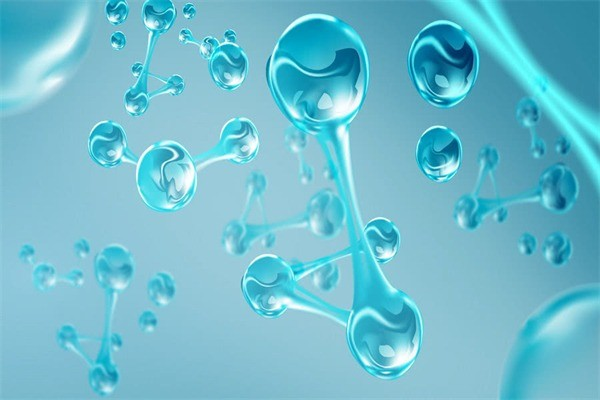Bacterial and viral infections are the main diseases that affect human life span, and various drugs have been developed, such as antibiotics and synthetic antibacterial agents. However, antibiotics and antimicrobial agents always exhibit resistance to microorganisms. Once such antibioticresistant bacteria have emerged, there is no treatment with conventional antimicrobial agents and the only response is to develop new ones. The organism itself produces antimicrobial peptides with approximately 10 to 50 or more amino acids. These antimicrobial peptides have a broad antibacterial spectrum against bacteria, fungi, etc., and because they are produced by organisms themselves, they also have no side effects on organisms. Omiganan was originally purified from cytoplasmic granules of bull neutrophils, and the drug is being developed as a topical antimicrobial agent.
Omiganem peptides act by disrupting the cytoplasmic membrane of bacteria and have been tested in topical gels to prevent catheter-associated bloodstream infections. Omiganan was highly active, two to four times the minimum bactericidal concentration or the minimum bactericidal concentration. The killing curve assay showed a clear pattern of bactericidal activity. It has been shown to have in vitro activity against a variety of microorganisms, which include Gram-positive and negative bacteria and fungi, and in Staphylococcus aureus, omigalpentachylate acts by depolarizing the cytoplasmic membrane, leading to cell destruction and death. The compound also showed a dose-dependent inhibition of whole-cell protein, RNA and DNA synthesis in S. aureus.
“It has been developed by a pharmaceutical company in the United States as a topical gel for the prevention of infections associated with urethral tubes. It inhibits common fungal pathogens, including Candida, and has been shown to be effective in acne vulgaris in clinical trials.” Overall, Omiganan, although used very specifically as a topical antibiotic, has the potential to be the forerunner of a new generation of antibiotics that hold promise for ending the problem of multiresistance.
Post time: Jul-30-2024

